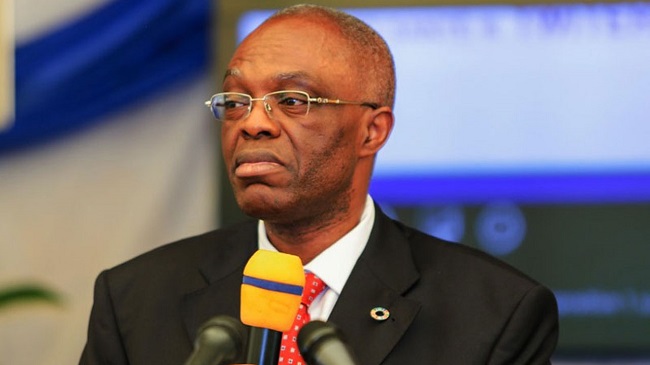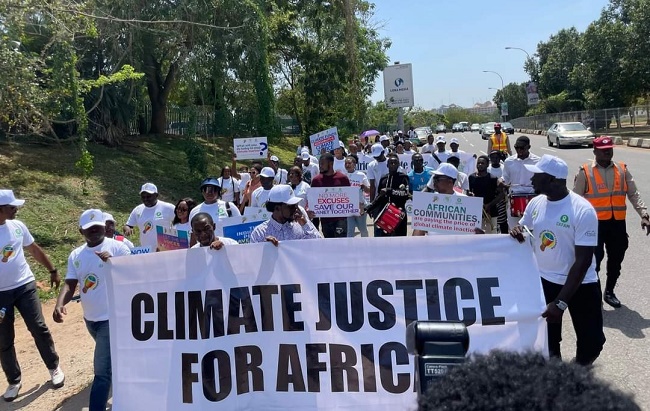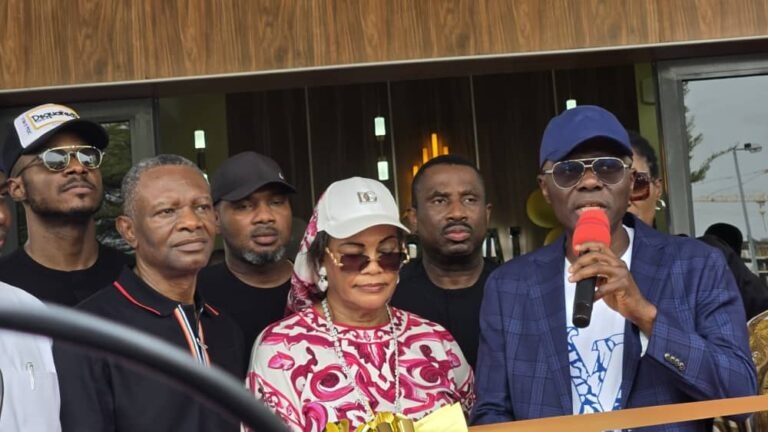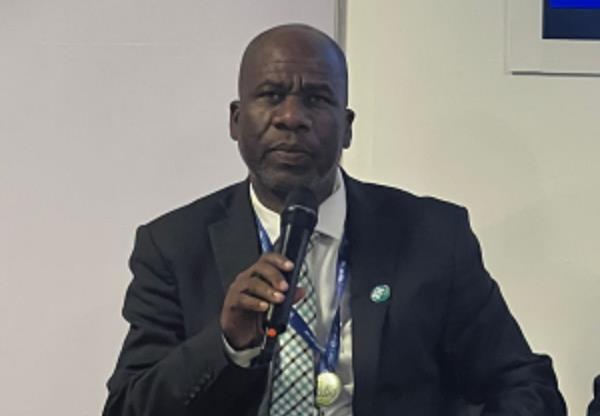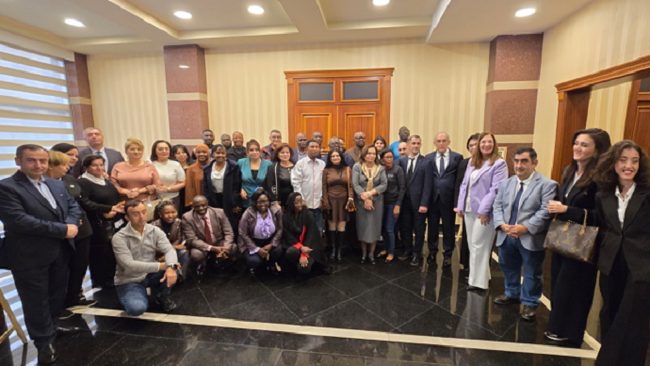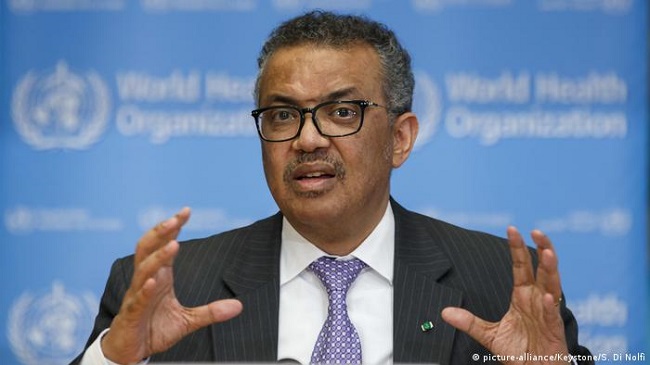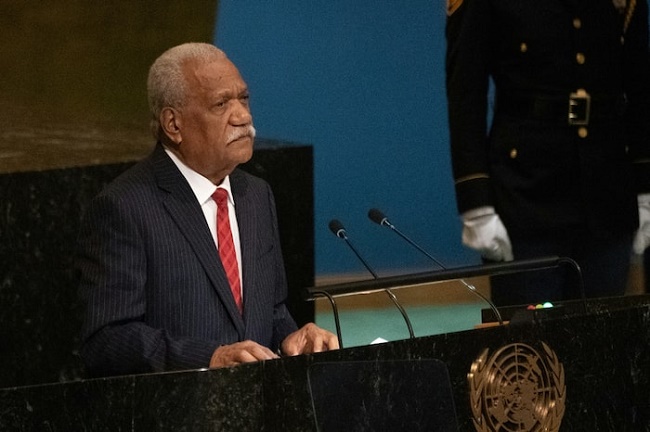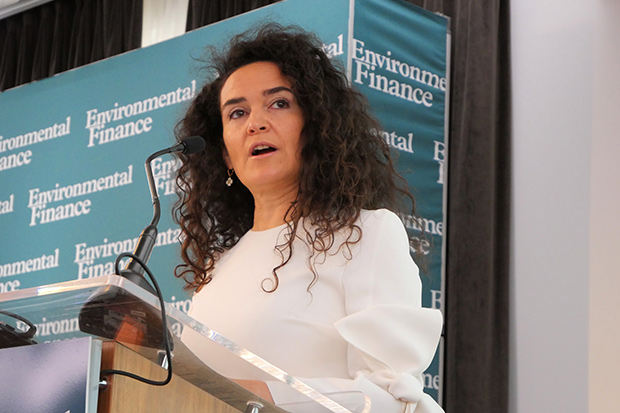The Housing Development Advocacy Network (HDAN) has voiced serious concerns over the recent allocation of over 200 acres of land in Abuja’s Phase 5 area for mass housing. The allocation, reportedly granted to an organisation, has sparked debates on the current state of housing policy, land use, and urban planning within the Federal Capital Territory (FCT).
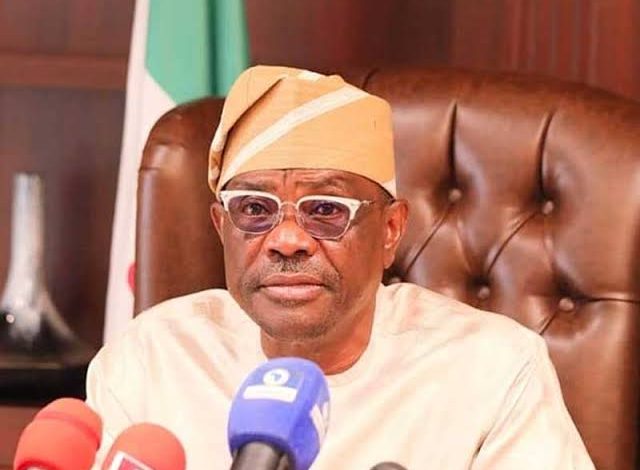
In a briefing to journalists, HDAN Executive Director, Festus Adebayo, urged the Minister of the FCT, Nyesom Wike, to adopt a more inclusive, balanced approach that prioritises sustainable housing development, economic growth, and job creation over immediate revenue generation.
Adebayo highlighted ongoing demolitions in Phase 5, where over 100 housing units have already been torn down on the minister’s orders. According to him, these demolitions stem from the fact that this area has yet to be officially designated as a development zone and remains ungazetted. Adebayo cautioned that the hurried allocation and clearing of land in such an unplanned area sets a concerning precedent, with negative implications for property owners, developers, and the economy of the FCT.
He emphasised the need for comprehensive planning before large-scale housing developments are sanctioned, citing that Phase 5’s lack of formal planning has led to unnecessary property destruction and financial loss.
HDAN’s investigation also revealed that many of the land recipients in the Phase 5 allocation intend to sell their parcels rather than develop them.
“Why allocate land to individuals or entities that may lack the resources or intention to build?” Adebayo questioned, arguing that allocating large portions of land to those who prioritise profit over development undermines the larger goals of housing policy and urban growth.
He also highlighted a policy inconsistency, stating that the FCT’s Mass Housing Policy generally restricts allocations to a maximum of 10 hectares in urban areas and 20 hectares in rural areas. The recent over 200-acre allocation clearly deviates from this policy, raising questions about its legality and oversight.
Adebayo also voiced concerns over organisations that are in partnership with AMAC, and some of these organisations’ land have been taken over in the course of the recent allocations.
“From the records made available to HDAN, we have found out that some of those allocations have been made some years ago where the concerned developers have also paid compensation and even received invoice for payments from the development control.
“There will be need for FCDA to look into the loss of these investors, who have already paid compensation to the settlers of this land. We need clarification on whether AMAC and FCDA will address these losses faced by those partners in housing developments,” he noted.
HDAN urged Minister Wike to use land resources to address the housing shortage, foster job creation, and strengthen the FCT’s economy.
Adebayo appealed to the FCT Minister to consider land use as a tool for public good, advocating for projects that could generate employment, increase housing access, and drive overall economic development.
“This is a unique opportunity for the Minister to reposition the Urban and Regional Planning Department within the FCT,” Adebayo said, emphasising that past failures to effectively manage planning have contributed to today’s housing crises.
HDAN further suggested that any future mass housing allocation should be preceded by consultations with stakeholders and professional bodies to align on urban planning goals and ensure accountability.
Calling for a shift in focus, Adebayo encouraged Minister Wike to view land management not just as a source of revenue but as a means to drive sustainable development within the FCT.
HDAN is a research, non-profit, volunteer and non-governmental organisation that is promoting affordable housing in Africa, with over 5,000 members drawn from all professions in the housing and construction industry.

